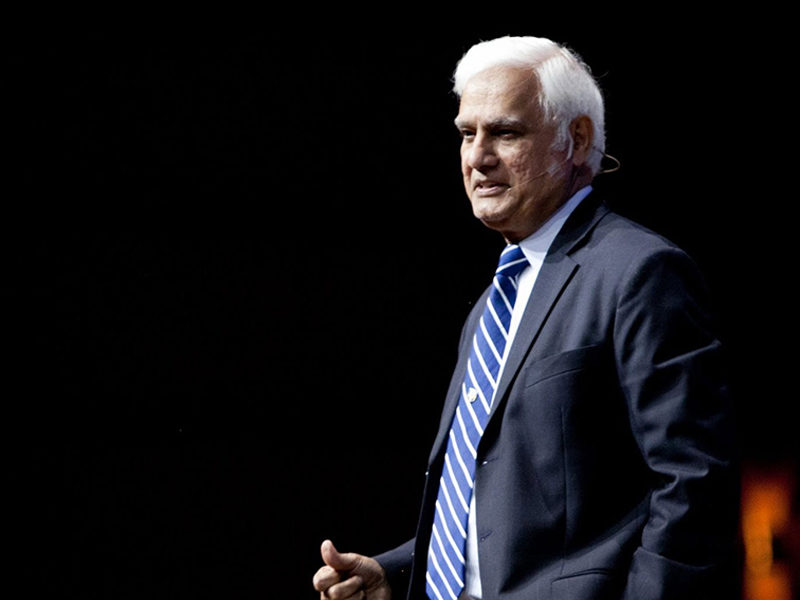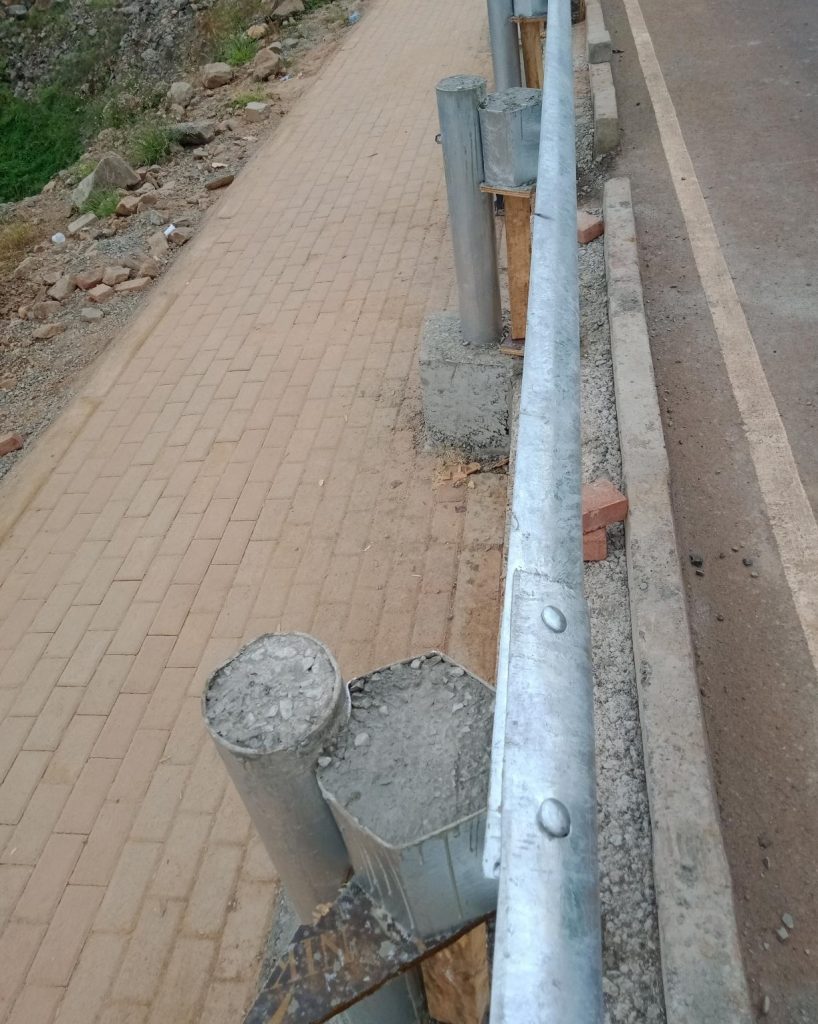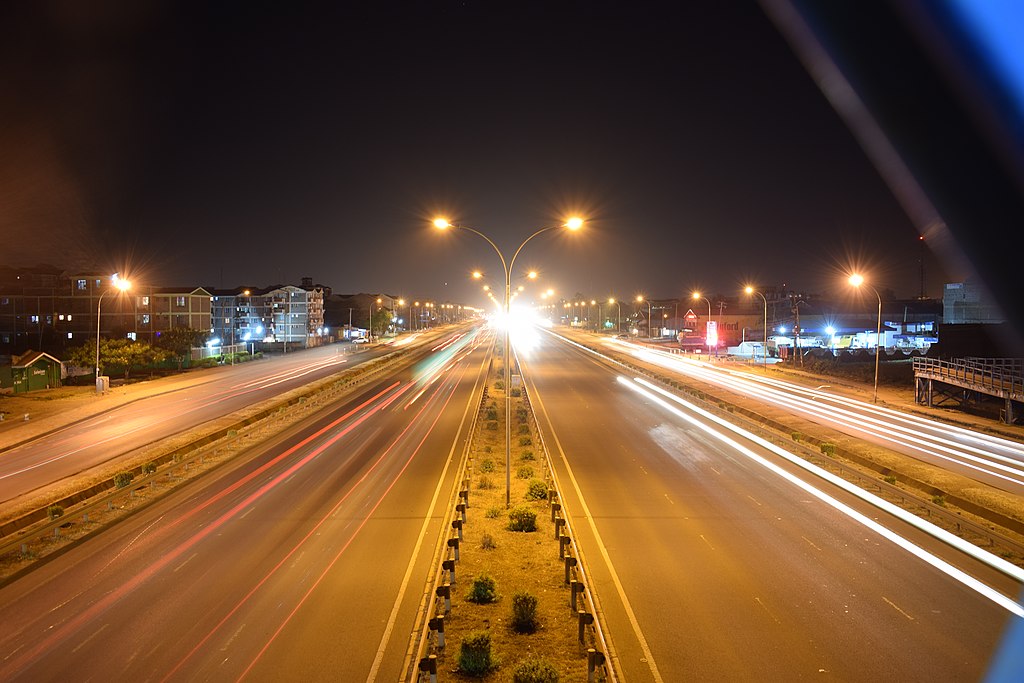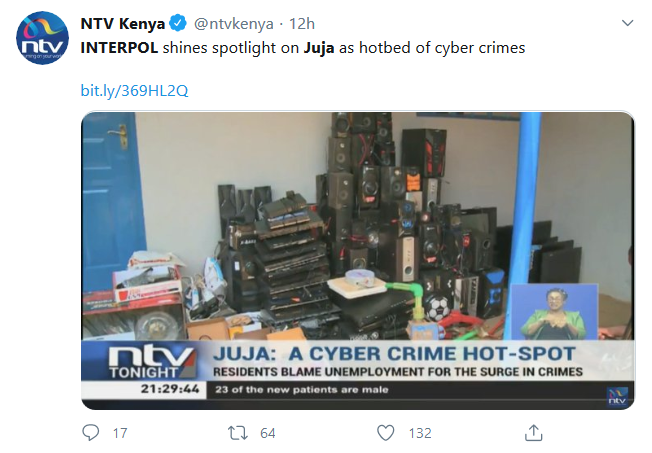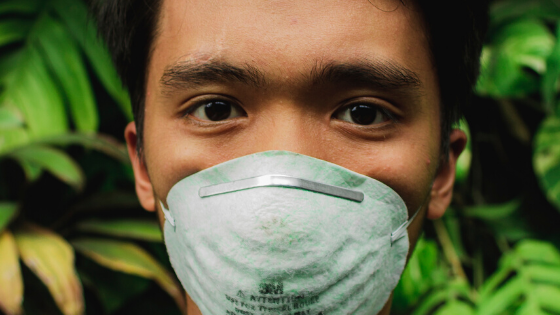From my street knowledge of statistics, I can conclude that
only 45% of people in Nairobi are wearing masks. Out of that 45% that have
masked up, half of them think that the mask is for covering the chin. This leaves
us with only 22.5% of people who are taking masks seriously.
On social distancing, I think only 20% are taking it seriously.
The rest are socially distanced by circumstances, or are just ignoring the
social distancing measures.
Why is this happening? Are these people suicidal or
homicidal?
Strangely, the people who are ignoring these directives are no
criminals or social outcasts, but your normal good guys who have no criminal
intent. We have seen a judge, an MCA, a priest, a pastor, a boda boda rider, a
shopkeeper, a celebrity, a food donor and all the titles that we can have. Why
are good people acting bad?
There are some explanations for these behaviors. These do
not excuse them for ignoring the guidelines, but just an explanation of why people
are doing what they are doing. Here are six analogies to explain why.
Mercury in Sugar
In 2018, it was reported that the sugar that was being sold
in Kenya was laced with mercury. There was an uproar for a short time and
people moved on. Nobody was really panicking that a nation was being poisoned.
Had it been reported that only the sugar that was used in
your house had mercury, probably you would be dead by now. Why? Because you are
alone. Sometimes, people do not panic over problems that affect everybody.
Conclusion: We are many. I won’t go down alone.
The road accident
If you have ever seen a pedestrian hit by a car, chances are
high that you do not cross the highways at undesignated places. This is because
the accident proved to you that you can get killed, and pedestrian death is a
real to you. Consequently, if you have never seen any pedestrian fatality, you may
never feel like crossing the road is dangerous.
Most people in Kenya do not know any person who has contracted
Covid-19 and died. It therefore feels like this monster is not real. Most people
have never seen an epidemic and that threatens everybody.
Subconscious conclusion: Covid-19 is not real (at
least for now).
Earthquake
How many people have died due to earthquake related event in
Kenya in the last 50 years? As far as most Kenyans are concerned, zero.
How many people in Kenya build their houses with earthquakes
in mind? Very few. In Japan? Almost everybody. This is because fatal earthquakes
are common in Japan but rare in Kenya. In the same way, this Covid-19 thing is
a foreign thing and no disease has ever killed many people in Kenya within a
short time.
Conclusion: All factors held constant; Covid-19 will
not kill people.
Out of sight, Out of Mind
Where did Covid-19 start? China. Where has it killed most people?
Europe and US.
For most people, China Europe and the US are just places on a
map. Having never been there, you can’t really tell the difference between
Spain and Mars; they are all places far away. Maybe they do not even exist,
maybe.
And so, the pandemic is still somewhere in fairy lands. It is
not here. This is why some people question government statistics about the disease,
and others suspicious of the cases that have been reported.
Conclusion: This Covid-19 thing is not that serious.
I Can’t get Cancer
Chances are high that you will never get cancer. The feeling
is usually that if you are 50, you have managed 50 years cancer free and if you
are 20, you are too young to get cancer.
However, we know that people are dying of cancer everyday in
Kenya, just that it is not me. The same thing will happen with Corona Virus disease
Conclusion: I won’t die of Covid-19.
Do I have to Exercise Today?
Unless for a few weird people, going to the gym for the
fifth time has never been fun. This is especially if you are trying to lose weight.
The problem is no single event at a gym can cut your weight.
After 30 minutes on the treadmill or jogging you go back home with your full
weight. You have to do it over and over again before you can see some results.
The same case with wearing a mask. It is not rewarding at
all. There is no risk in not wearing it for a day, and no visible reward for
wearing it.
Conclusion: One day without a mask won’t kill me.
How do we get People to Wear Masks?
It is hard to convince 50 million to wear masks. It takes
time, goodwill, strategic communication and maybe, a few threats. For some
people, it needs to be made to look cool. For others, they need to feel the
danger of Covid-19. For the wise, a word is enough.
